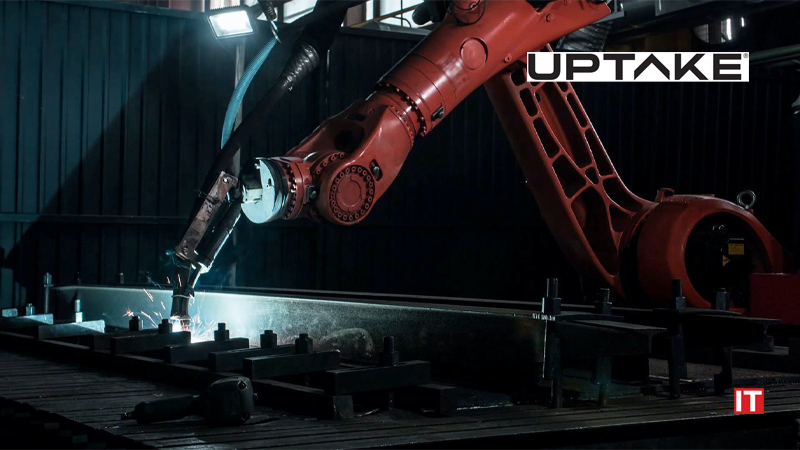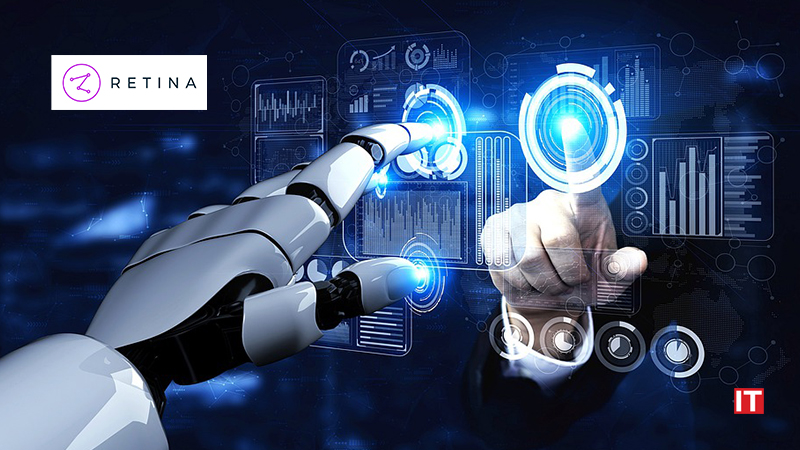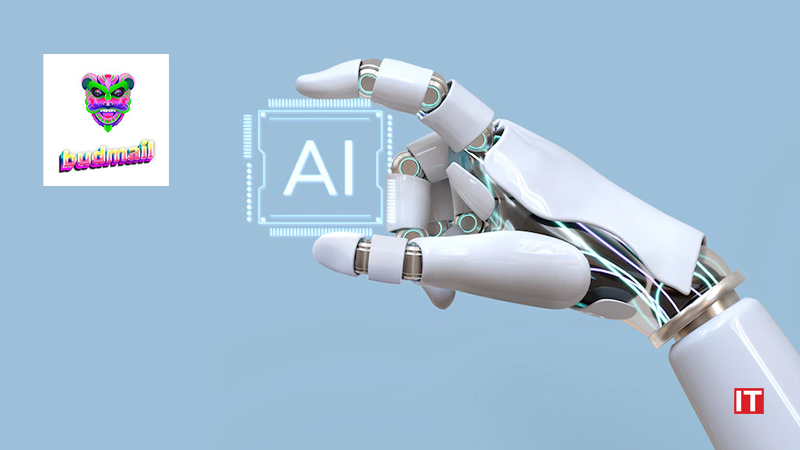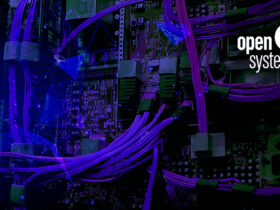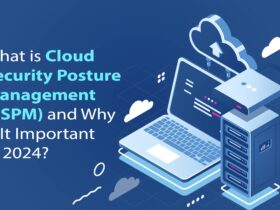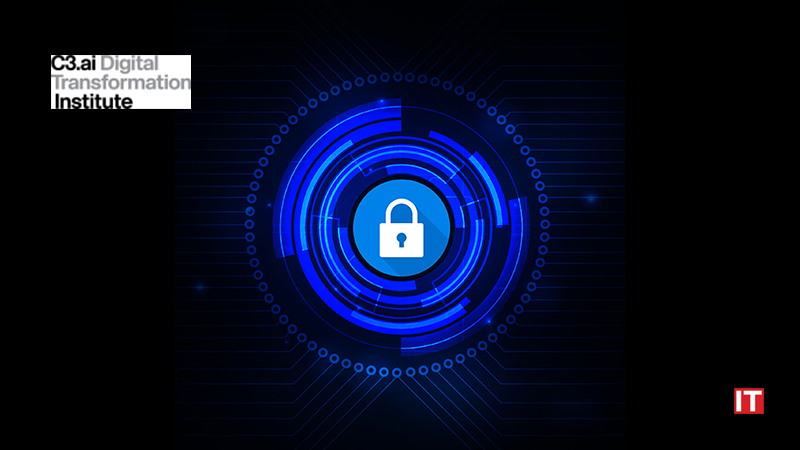C3.ai Digital Transformation Institute (C3.ai DTI) today announced the third round of C3.ai DTI funded advanced research awards, focused on using artificial intelligence (AI) to harden information security and secure critical infrastructure.
The Institute awarded a total of $6.5 million in cash awards to leading research scientists at University of California, Berkeley, University of Illinois at Urbana-Champaign, Carnegie Mellon, Princeton, University of Chicago, KTH Royal Institute of Technology, and MIT.
“Cybersecurity is an immediate existential issue,” said Thomas M. Siebel, chairman and CEO of C3 AI, a leading enterprise AI software provider. “We are equipping top scientists with the means to advance technology to help secure critical infrastructure.”
Twenty-four projects were awarded $100,000 to $700,000 each, for an initial period of one year:
AI Resilience: Techniques and methods to enable the development of AI algorithms that are resilient to adversarial attacks
- “High Performance Provably Robust AI Methods for Cybersecurity Tasks on Critical Infrastructure,” (Zico Kolter, Carnegie Mellon University)
- “Scalable, Secure Machine Learning in the Presence of Adversaries,” (John Kubiatowicz, University of California, Berkeley)
- “REFL: Resilient Distributed Cybersecurity Learning System,” (Bo Li, University of Illinois at Urbana-Champaign)
- “Fundamental Limits on the Robustness of Supervised Machine Learning Algorithms,” (Ben Zhao, University of Chicago)
Anomaly Detection: AI techniques, including supervised and unsupervised learning, to provide early detection of system and/or network anomalies that might be indicative of unauthorized access, denial of service, or data exfiltration
- “Continuously and Automatically Discovering and Remediating Internet-Facing Security Vulnerabilities,” (Nick Feamster, University of Chicago)
- “AI Techniques for Power Systems Under Cyberattacks,” (Javad Lavaei, University of California, Berkeley)
- “Physics-aware AI-based Approach for Cyber Intrusion Detection in Substation Automation Systems,” (Alberto Sangiovanni-Vincentelli, University of California, Berkeley)
Also Read: IPC Launches Connexus® ALPHA
Advanced Persistent Threats: AI techniques to detect the presence of advanced persistent threats
- “Deep-Learning Detection Algorithms for Advanced Persistent Attacks in Mixed-Autonomy Traffic: Design and Experimental Validation,” (Alex Bayen, University of California, Berkeley)
- “AI Support for Cybersecurity,” (David Wagner, University of California, Berkeley)
Securing Critical Cyber-Physical Infrastructure: AI techniques to secure critical infrastructure against cyber threats
- “Cyber Safety Cage for Networks,” (Cyrille Valentin Artho, KTH Royal Institute of Technology)
- “Security for Large-Scale Infrastructure using Probabilistic Programming,” (Nikita Borisov, University of Illinois at Urbana-Champaign)
- “A Compositional Neural Certificate Framework for Securing Critical Networked Infrastructure,” (Chuchu Fan, Massachusetts Institute of Technology)
- “Democratizing AI-Driven Security Workflows for Critical Energy Infrastructure,” (Vyas Sekar, Carnegie Mellon University)
- “Semantic Adversarial Analysis for Secure Critical Infrastructure,” (Sanjit Seshia, University of California, Berkeley)
Forensics: AI forensics and attribution techniques to identify sources of attacks
- “Causal Reasoning for Real-Time Attack Identification in Cyber-Physical Systems,” (György Dán, KTH Royal Institute of Technology)
- “Statistical Learning Theory and Graph Neural Networks for Identifying Attack Sources,” (H. Vincent Poor, Princeton University)
- “Robust and Scalable Forensics for Deep Neural Networks,” (Ben Zhao, University of Chicago)
About C3.ai Digital Transformation Institute
Established in March 2020 by C3 AI, Microsoft, and leading universities, the C3.ai Digital Transformation Institute is a research consortium dedicated to accelerating the benefits of artificial intelligence for business,


